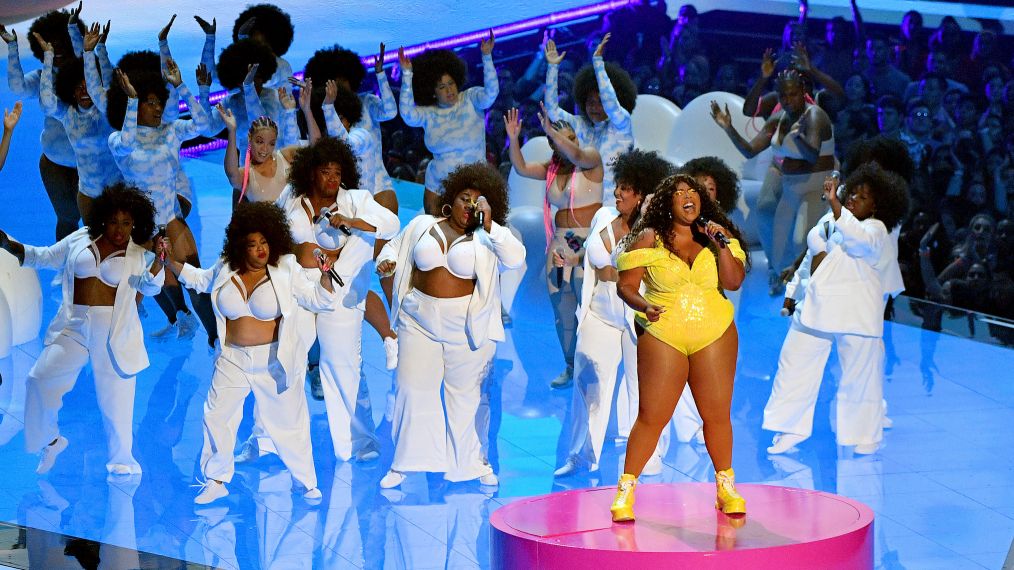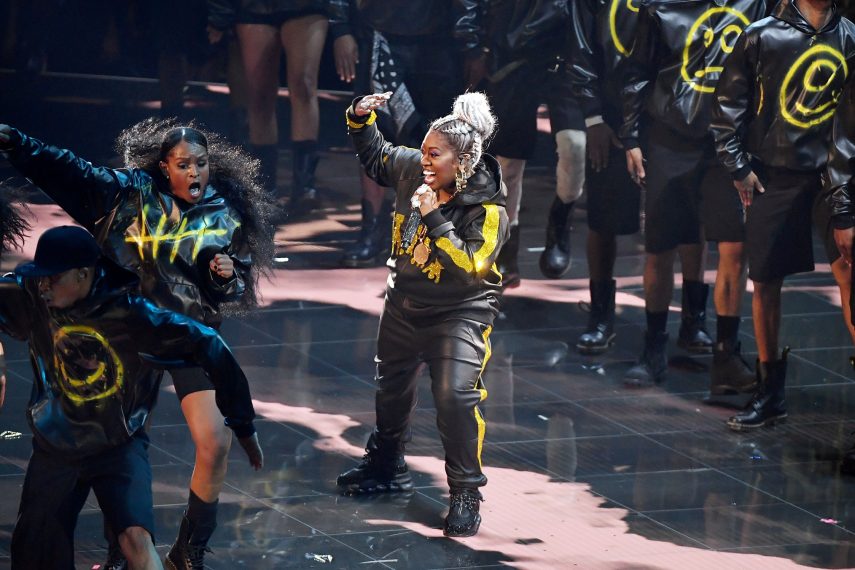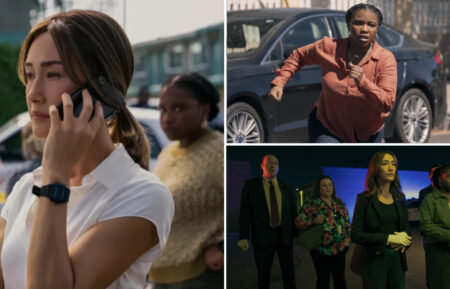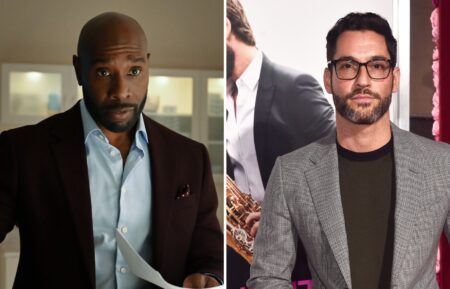Are the Glory Days of the VMAs Behind Us? Critics Say…

The MTV Video Music Awards are no longer must-see TV. The awards show, once a distillation of each year’s pop zeitgeist, hit an all-time ratings low for the third straight year with its August 26 broadcast, according to The Hollywood Reporter.
And online, pundits are waxing nostalgic for the halcyon days of, say, Madonna kissing Britney Spears and Rage Against the Machine’s Tim Commerford mounting a protest high above the VMAs stage.
In a longform article titled “How MTV sucked the life out of the VMAs,” The A.V. Club’s Alex McLevy tracks the awards show’s transformation “from its rough and ramshackle first iteration to its hollowed-out, gimcrack recent years,” using memorable VMAs moments to illustrate the “difference between stunt and subversion,” i.e. the manufactured watercooler moments and the impromptu ones. “By sacrificing the latter on the [altar of] on the former, MTV has unsurprisingly chosen obsolescence over opportunity, and stamped out the very fires that once drew curious viewers to its spectacle,” McLevy adds.
Billboard’s Mara Reinstein, meanwhile, points to the weakening cultural impact of the music video. Ariana Grande, Taylor Swift, and Childish Gambino “would still be genre-transcendent superstars” without their videos, she observes. Plus, music videos have all but disappeared from MTV over the years: “YouTube was created in 2005; iPhones were introduced in 2007; Jersey Shore two winters later. TRL was cancelled in 2008, its final episode airing on a Sunday.”
Reinstein argues that the 1999 VMAs — the year that Britney Spears and ’N Sync made their VMA debut, that TLC performed “No Scrubs,” and that Lil’ Kim wore that purple dress — was the “last hurrah” for classic MTV. “We’ll never be able to recapture that warm September night when we all celebrated pop music at its zenith and a network at its most influential,” she concludes.
In a Medium post from 2016, Songkick’s Adam Raza — now a coordinator at Spotify — blames the segmentation of pop music fandom. “The underlying problem is that it’s been years since we’ve been introduced to a proper four-quadrant pop star,” he writes. “With more options in the market, in terms of both content and way of discovery, the ‘superstar’ as we know it is no longer exists.”
He cited MTV’s over-reliance on pop stalwarts amid the “mediocrity [that] has infiltrated the music sphere.” He adds, “What does it say about the state of pop music if Beyoncé is allotted 15 minutes to perform five tracks from her album Lemonade, Rihanna opens the show with five-year-old singles, and Kanye is given airtime to do nothing but aimlessly ramble?”
And in an NBC News op-ed, Maura Johnston wonders if the show its heading for a midlife crisis. “That existential question has plagued the channel’s centerpiece award show for much of this decade, when it’s been plagued by uninspired booking, strained attempts to bring together the old and new generations of pop (British lad-turned-dad rocker Rod Stewart, who was on the first show’s bill, teamed up with the Jonas Brothers in 2017, while hip-hop legends Melle Mel, Kool Moe Dee and Grandmaster Kaz joined Macklemore in 2015) and cursory nods toward internet-borne trends (Best Lyric Video and Most Share-Worthy Video, we hardly knew ye).”

Missy Elliott at the 2019 VMAs (Noam Galai/Getty Images)
All of that said, the VMAs still provide ample headlines each year. And between Lizzo’s gangbusters performance and Missy Elliott’s career-spanning set and the predominance of Latin pop stars, the 2019 iteration had its highlights. Perhaps if MTV figures out its place in the music world, and if producers don’t script the show into submission, the VMAs will recapture the verve of years gone by.









